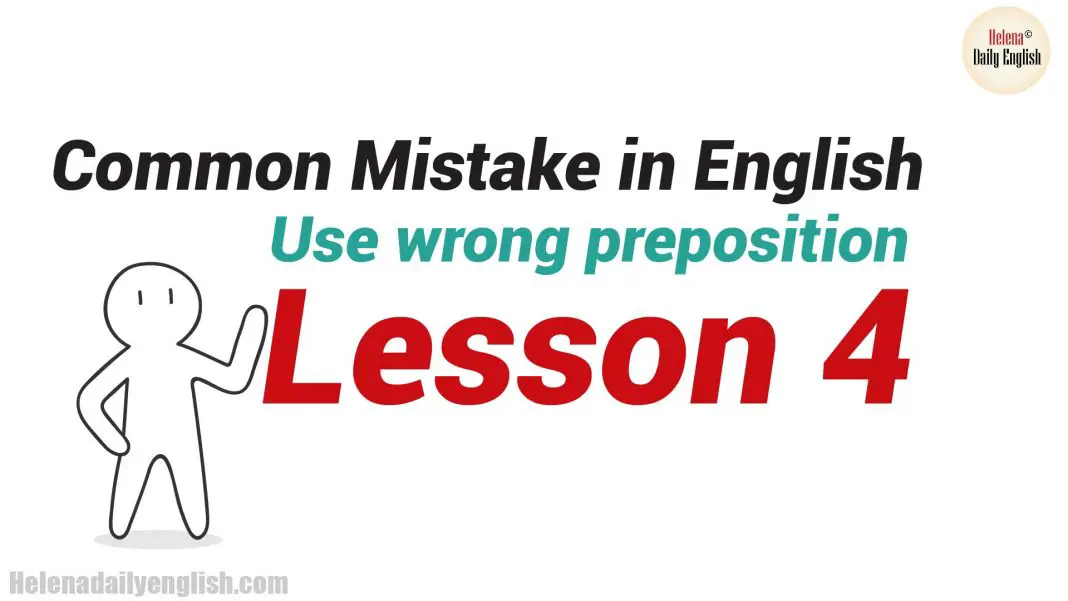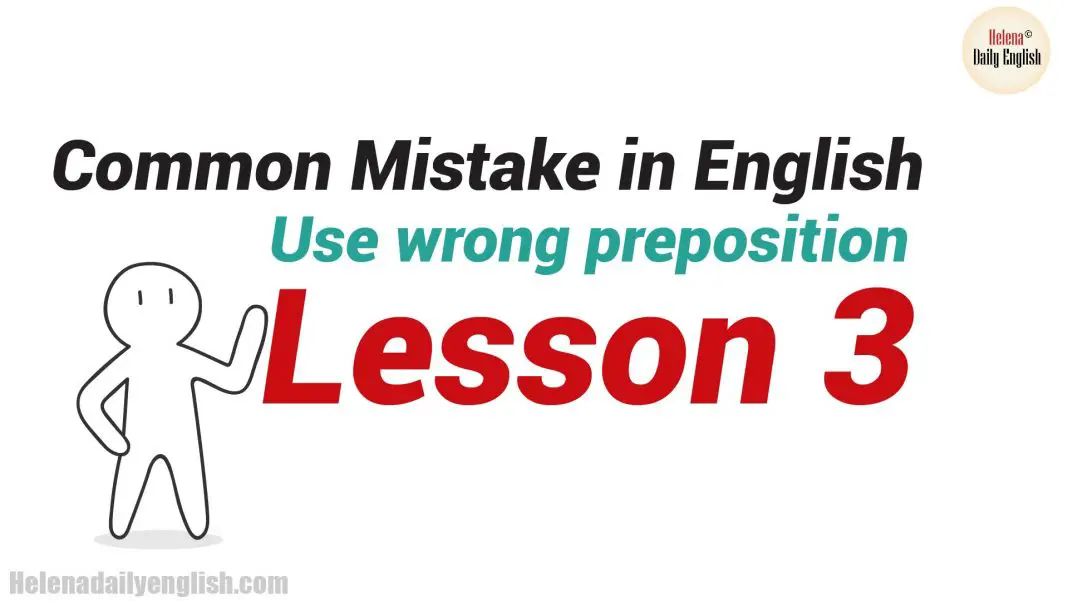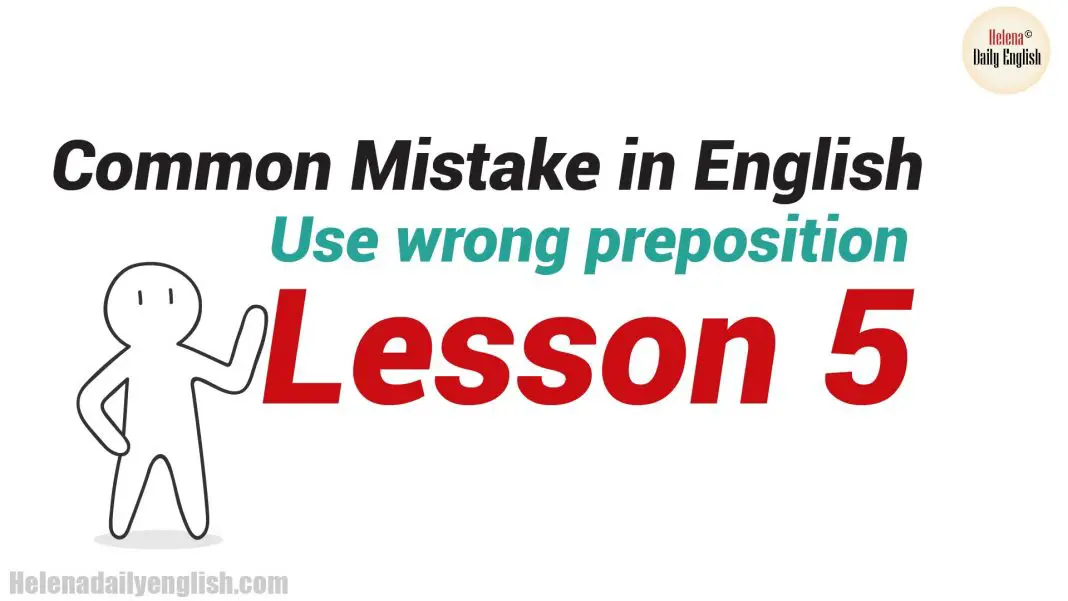Common Mistake in English and How to Avoid them.
Mistakes are often made by using the wrong preposition after certain words. The following list includes the words which most often give trouble:
We believe that you can speak English Correctly after avoiding these mistakes.
1. Exchange for, not by.
Don’t say: He exchanged his collection of matchboxes by some foreign stamps.
Say: He exchanged his collection of matchboxes for some foreign stamps.
Note: in exchange for: He gave them his old car in exchange for a new one
2. Fail in, not from.
Don’t say: Steven failed from maths last year.
Say: Steven failed in maths last year.
3. Full of, not with or from.
Don’t say: The jar was full with (or from) oil. / Say: The jar was full of oil.
Note: fill takes with Jane filled the glass with water.
4. Get rid of, not from
Don’t say: I’ll be glad to get rid from him.
Say: I’ll be glad to get rid of him.
5. Glad about, not from or with.
Don’t say: Francis was glad from (or with) receiving your letter.
Say: Francis was glad about receiving your letter.
6. Good at, not in.
Don’t say: My sister’s good in maths,
Say: My sister’s good at maths.
Note 1: Bad at, clever at, quick at, slow at, etc however, weak in: He’s weak in grammar.
Note 2: He’s good in class mean? that his conduct is goad.
7. Guard against, not from.
Don’t say: You must guard from bad habits.
Say: You must guard against bad habits.
8. Guilty of, not for.
Don’t say: He was found guilty for murder.
Say: He was found guilty of murder
9. Independent of, not from.
Don’t say: Clare’s independent from her parents,
Say: Clare’s independent of her parents.
Note: We say dependent on: A child is dependent on its parents.
10. Indifferent to, not for.
Don’t soy: They’re indifferent for politics.
Say: They’re indifferent to politics





